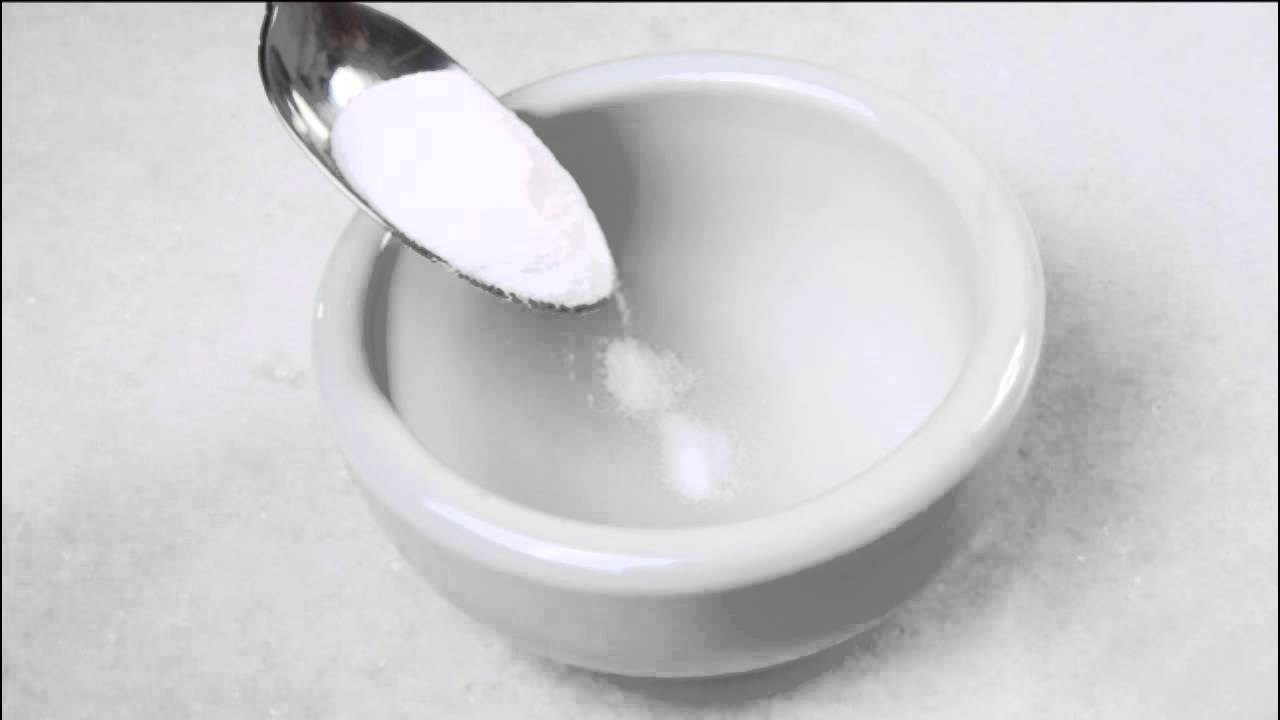
The Potential TBHQ Dangers
- by Kristina Shafarenko
- Posted on July 15, 2023
Introduction:
Tertiary butylhydroquinone (TBHQ) is a synthetic food additive that is widely used in the food industry as a preservative to extend the shelf life of processed foods. While it is considered safe for consumption by regulatory agencies, concerns have been raised about its potential health risks. In this comprehensive guide, we will explore the possible dangers associated with TBHQ and the scientific evidence behind these concerns.
What is TBHQ?
TBHQ is a synthetic antioxidant derived from petroleum. It is commonly used in processed foods such as snacks, crackers, baked goods, and fast food to prevent rancidity and maintain product quality. Its ability to delay the oxidation process and extend the shelf life of foods has made it a popular choice among food manufacturers.
The Safety of TBHQ:
Regulatory agencies, such as the U.S. Food and Drug Administration (FDA), have deemed TBHQ safe for human consumption within specified limits. The FDA allows TBHQ to be used in food at concentrations of up to 0.02% of the oil or fat content. Similarly, the European Food Safety Authority (EFSA) has established an acceptable daily intake (ADI) of 0-0.7 mg/kg of body weight for TBHQ.
Potential Health Risks:
Despite regulatory approval, some concerns have been raised regarding the potential health risks associated with TBHQ consumption. Several studies have investigated these risks, although it is important to note that the majority of the research has been conducted on animals or in vitro.
- Allergic Reactions: Some individuals may experience allergic reactions to TBHQ, resulting in symptoms such as skin rashes, itching, and respiratory problems. However, such reactions are relatively rare.
- Toxicity: High doses of TBHQ have been associated with adverse effects on the liver, including liver enlargement, DNA damage, and tumor formation in animal studies. However, these effects were observed at much higher doses than what would be typically consumed in a normal diet.
- Neurological Effects: Certain animal studies have suggested that TBHQ may have neurotoxic effects. Exposure to high doses of TBHQ has been associated with damage to the central nervous system and altered behavior in animals. However, the relevance of these findings to human health remains unclear, as the doses used in these studies were significantly higher than typical dietary exposure.
Regulation and Labeling:
TBHQ is approved for use in many countries, including the United States and the European Union. However, some consumer advocacy groups have called for stricter regulations and improved labeling practices for food products containing TBHQ. They argue that consumers have the right to be fully informed about the presence and potential risks of TBHQ in their food.
Minimizing TBHQ Exposure:
If you are concerned about TBHQ consumption, there are steps you can take to reduce your exposure:
a) Read food labels: Check ingredient lists to identify foods that contain TBHQ. Be aware that it can be listed under different names, such as E319 or butylated hydroxytoluene.
b) Choose fresh, unprocessed foods: Opt for whole foods such as fruits, vegetables, and lean meats, which are less likely to contain TBHQ.
c) Cook at home: Preparing meals from scratch allows you to have better control over the ingredients used and reduces your reliance on processed foods.
d) Seek alternatives: Look for food products that use natural preservatives or opt for organic and additive-free options.
Conclusion:
While TBHQ is considered safe for consumption within specified limits, there are ongoing concerns about its potential health risks. The available evidence suggests that adverse effects may occur at high doses or in susceptible individuals, but further research is needed to fully understand the long-term effects on human health. As a consumer, being aware of the presence of TBHQ in food products and making informed choices can help minimize exposure. If you have specific concerns or health conditions, it is advisable to consult with a healthcare professional.
Kristina Shafarenko is a relationship and health and wellness psychologist and a part-time freelance lifestyle writer covering health and fitness, sex, sexual wellness, and relationships. When she’s not writing, you can find her planning her next getaway, taste-testing every coffee spot in sight, and lounging at home with her cat, Buddy.
- Effortless Calm: My Take on JustCBD UK’s Full Spectrum CBD Capsules - September 4, 2024
- The Potential TBHQ Dangers - July 15, 2023
Introduction: Tertiary butylhydroquinone (TBHQ) is a synthetic food additive that is widely used in the food industry as a preservative to extend the shelf life of processed foods. While it is considered safe for consumption by regulatory agencies, concerns have been raised about its potential health risks. In this comprehensive guide, we will explore the…
